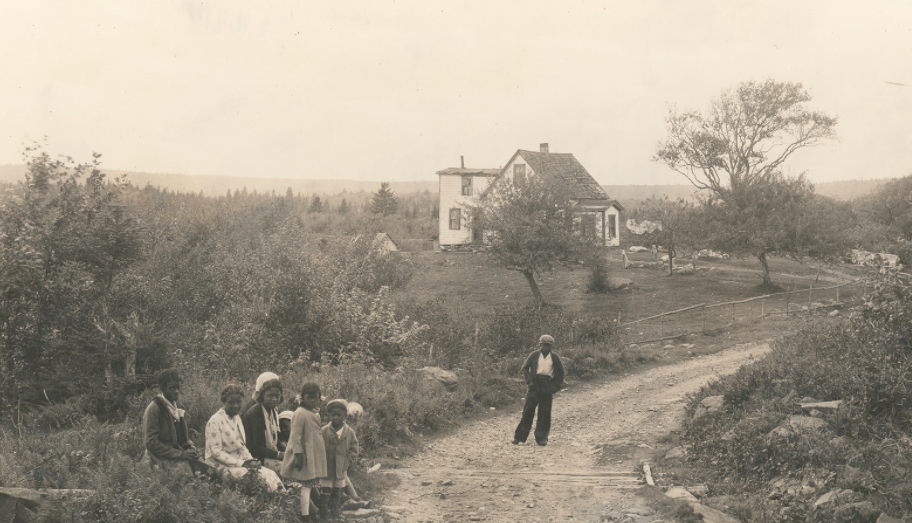Residents of a handful of African-Nova Scotian communities could finally see legal title to the land they have lived on for generations after the provincial government announced new money to survey the historic rural communities.
Several hundred descendents of Black Loyalists who arrived in Nova Scotia more than 200 years ago have paid property taxes, but some have never had legal land titles. They could not legally sell their land or formally hand it down to relatives.
Videos by VICE
This week, Nova Scotia committed $2.7 million over two years to help residents of five predominantly African-Nova Scotian communities cover the legal and surveying costs to finally establish legal land titles. The commitment comes on the heels of a report to the U.N. earlier this week that urged the federal and provincial governments to do more to help historic Black communities settle land titles.
“People are being cautiously optimistic about it.”
The program will work in North Preston, East Preston, Cherry Brook, Sunnyville and Lincolnville — towns that were first settled in the late 1700s by Black Loyalists to the British. The former slaves that worked on plantations in the south were promised land in exchange for fighting on the British side during the American Revolution. But when the British finally retreated and 3,500 Black Loyalists settled in New Brunswick and Nova Scotia, white soldiers were given priority to land and food rations. Few Black Loyalists were ever granted formal deeds to their land.

The same was true for many in a second wave of Black migrants who came to eastern Canada after the War of 1812, fleeing slavery.
Pastor Lequita Porter of the East Preston United Baptist Church said her community was “very happy, very pleased” with the news. But she said they are holding off on celebrating as they await more information on what will happen next. At the announcement Wednesday, community members voiced concerns about which lawyers would be appointed to help them, and whether they could be trusted.
“People are being cautiously optimistic about it. They see it as a step forward, but of course it’s been a long time for a lot of them,” Porter told VICE News
“We do know that there’s probably more [money] needed down the line.”
“It’s a very personal matter, and goes very deep to the core, especially when it’s been in your family for so many years,” Porter said.
In 1963, the province enacted the Land Titles Clarification Act to try and provide land titles in 13 communities, including Cherry Brook, East Preston and Lincolnville. But for decades many residents could not afford the hefty fees for surveys and lawyers to build a case for land title.
“We do know that there’s probably more [money] needed down the line,” Porter said. Surveying and formally titling a piece of land can cost about $10,000.
“But we’re very excited because this is the kind of help that’s been needed for a very long time,” she added. “Any amount is a step in the right direction.”
More
From VICE
-

Screenshots: Sega, Nintendo, Square Enix
